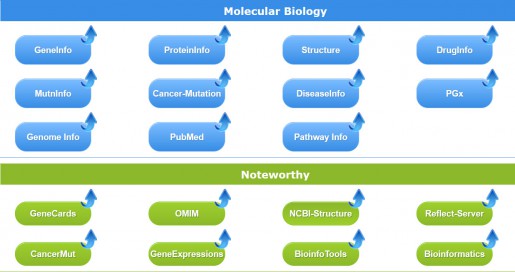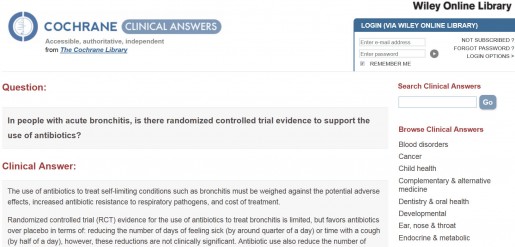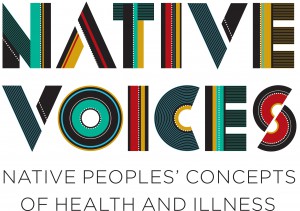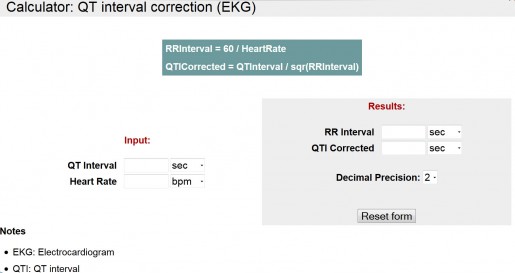If you are in a hurry, it’s very easy to do a superficial search of the literature using one or two terms selected arbitrarily. No strategy supports the retrieval, only one Web site or database is consulted, the vocabulary is not vetted, and no record exists of what search terms determined the retrieval. While this practice may quickly retrieve a few relevant citations, many people are unaware that there is a science to more sophisticated searching.
Growth of Database Searching Standards
Reporting and methodology standards exist requiring expert literature searching for systematic reviews and clinical practice guideline development. Full PRISMA (Preferred Reporting Items for Systematic Reviews and Meta-Analyses) guidelines explicitly describe the requirements for a comprehensive search strategy including documenting who designed and conducted the search. This is typically detailed in the ensuing article’s methodology.1 A variety of organizations have promulgated the standards guiding systematic review and clinical guideline development. Existing standards for systematic reviews and guidelines have specific methodology requirements for the searches supporting their conclusions.
Database searching is so fundamental to finding the relevant literature in health care that the Institute of Medicine (IOM) has created standards for its retrieval. This is stipulated within the formal methodology for a study. The IOM Standards for Systematic Reviews state specifically:
- Standard 3.1.1: “Work with a librarian or other information specialist trained in performing systematic reviews to plan the search strategy.”
- Standard 3.4.1 requires documenting the search by “providing a line-by-line description of the search strategy…”2
As an extension, IOM standards also provide a framework for developing clinical practice guidelines which procedurally are apprised by systematic reviews.3 Clinical guidelines are important for patient care, and librarians are increasingly involved in their development.4, 5
The Cochrane Collaboration sets a benchmark for high quality evidence, and they have issued a handbook to guide systematic review efforts that specifically recommends that authors seek guidance from a health care librarian (section 6.3.1).6
To support their evidence development, the Joanna Briggs Institute has issued a new manual which recommends consulting a librarian for various kinds of assistance.7 Librarian involvement spans bibliographic search strategies, cost-benefit studies, opinion and text-based evidence retrieval, grey literature searching, and managing references.
The national Agency for Healthcare Research and Quality (AHRQ) issues a Methods Guide for Effectiveness and Comparative Effectiveness Reviews.8 In describing the topic development team, they specify, “A master’s level research librarian conducts the systematic review searches and feasibility scans.”
Why are Search Standards Important?
Omitting evidence for patient care has been documented in the literature and persists to this day, sometimes leading to congenital malformation,9, 10 fatalities,11, 12 and controversial medical practice.13, 14, 15, 16 Journal readers are increasingly aware of such omissions17 which highlights the role of editors in requiring a comprehensive literature search to inform published studies.
Involvement of Librarians
Librarians are key to this operational procedure as evidenced by HSLS librarians’ participation in guideline development and systematic reviews. For more information, please see the HSLS Systematic Review Program LibGuide.
Building the evidence base using sound methodology is important for decision-making and advancement of patient care. Hospitals develop policies and care guidelines which may be unit-based or institution-wide. Evidence is also embedded in the electronic medical record to guide care. It is imperative that the best evidence is used to direct care, synthesize research, and guide performance improvement measures. Having a librarian as part of the team to plan and execute a comprehensive evidence search strategy is crucial.
References are available upon request by sending an e-mail to Michele Klein-Fedyshin.
~Michele Klein-Fedyshin









